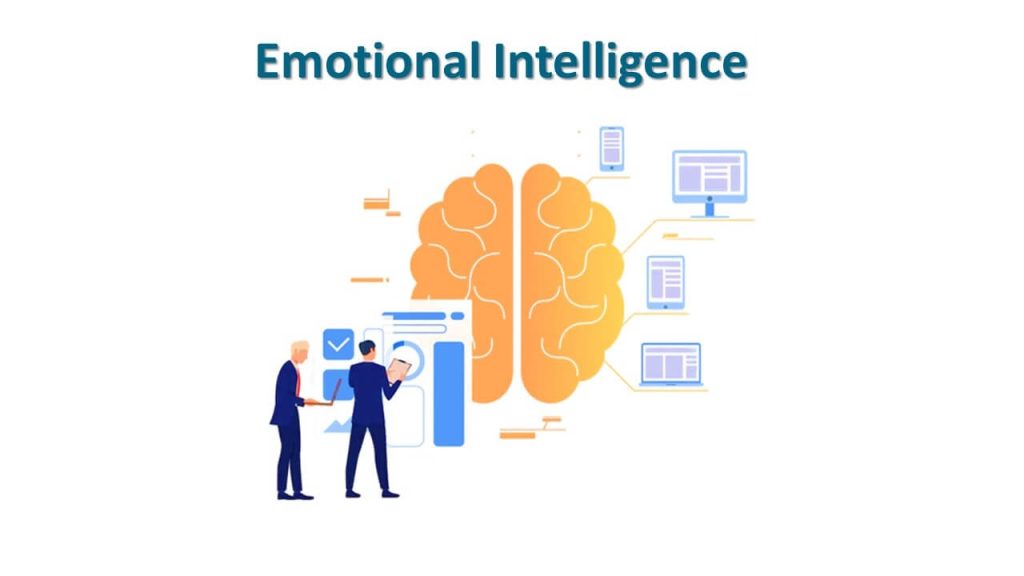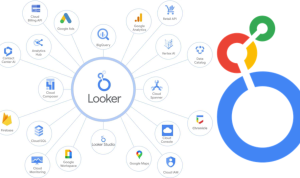Real-Time Data in Business Intelligence: Why It Matters serves as a crucial reminder of the transformative power of immediate insights in today’s rapidly evolving business landscape. In an era where timely decision-making can dictate success or failure, leveraging real-time data is not just an advantage but a necessity for organizations striving to stay ahead. This discussion delves into the significance of real-time data, exploring its impact on operational efficiency, strategic planning, and overall business growth.
With the ability to access and analyze data as it happens, companies can respond swiftly to market changes, customer needs, and internal challenges. The integration of real-time data into business intelligence systems empowers decision-makers with the insights they need to make informed choices, driving innovation and competitive edge.
In today’s fast-paced world, the importance of effective communication cannot be overstated. Whether in personal relationships, professional settings, or even casual encounters, the way we convey our thoughts and feelings can significantly impact the outcomes of our interactions. This article will delve into the various facets of communication, exploring its significance, the different types, and tips for enhancing your communication skills.Firstly, let’s define what communication is.
At its core, communication is the act of exchanging information, ideas, or feelings between individuals or groups. It can take on many forms, including verbal, non-verbal, written, and visual communication. Each type serves a unique purpose and can be more or less effective depending on the context in which it is used.Verbal communication involves the use of spoken language. This is perhaps the most straightforward form of communication, as it allows individuals to convey their messages directly.
However, effective verbal communication goes beyond mere words; tone, pitch, and pace are equally important. For instance, the same sentence can convey different meanings depending on how it is delivered. Effective speakers are often those who can modulate their voice to enhance their message, engaging their audience and ensuring clarity.Non-verbal communication, on the other hand, comprises body language, facial expressions, gestures, and eye contact.
Often, what we do not say can speak volumes about our feelings and intentions. For example, crossing arms may signal defensiveness, while maintaining eye contact can indicate confidence and sincerity. It is essential to be mindful of non-verbal cues, as they can sometimes contradict verbal messages, leading to confusion or misinterpretation.Written communication includes emails, letters, reports, and social media posts.
In an increasingly digital world, written communication has become more prevalent. It allows for the careful crafting of messages, giving individuals the opportunity to think through their words before sending them. However, written communication lacks the immediate feedback and emotional nuances present in face-to-face interactions. Therefore, clarity and conciseness are vital to ensure the intended message is conveyed effectively.Visual communication encompasses images, graphs, charts, and other visual aids.
This type of communication can enhance understanding and retention, making complex information more digestible. For instance, a well-designed infographic can communicate data more effectively than a lengthy report. Visual elements can complement verbal and written communication, creating a more engaging and informative experience.Now that we’ve explored the different types of communication, let’s discuss why effective communication is crucial in various aspects of life.
In personal relationships, clear communication fosters understanding and connection between individuals. When partners express their needs and feelings openly, it can lead to greater intimacy and trust. Conversely, miscommunication can result in misunderstandings, resentment, and conflict.In the workplace, effective communication is equally important. It enhances collaboration, ensures that everyone is on the same page, and improves overall productivity. When team members can share their thoughts and ideas openly, they are more likely to contribute creatively and feel valued.

Moreover, effective communication can prevent costly errors and improve customer service, ultimately benefiting the organization’s bottom line.To enhance your communication skills, consider the following tips:
1. Be an Active Listener
Listening is just as crucial as speaking. Show genuine interest in what others are saying, and provide feedback to demonstrate your engagement. Avoid interrupting and give the speaker your full attention. This will not only help you understand their perspective but also build rapport.
2. Practice Empathy
Try to see things from the other person’s point of view. Acknowledging their feelings and experiences can create a more supportive environment for open communication.
3. Be Clear and Concise
Whether you are speaking or writing, aim to convey your message as clearly as possible. Avoid jargon or overly complex language that may confuse your audience. Get to the point, and ensure your main idea is easily understood.
4. Mind Your Non-Verbal Cues
Be aware of your body language, facial expressions, and tone of voice. Make sure they align with your verbal messages to avoid mixed signals.
5. Adapt to Your Audience
Tailor your communication style to suit the individual or group you are addressing. Consider their background, preferences, and communication style. This will help you connect more effectively.
6. Seek Feedback
Don’t hesitate to ask for feedback on your communication style. This can provide valuable insights into areas for improvement and help you adjust your approach accordingly.
7. Practice Regularly
Like any skill, communication improves with practice. Seek opportunities to engage in conversations, participate in discussions, and present your ideas to others.In conclusion, communication is an essential skill that impacts all areas of our lives. By understanding its various forms and employing effective strategies, we can enhance our interactions and relationships. Whether at home, work, or in social settings, prioritizing clear and empathetic communication will ultimately lead to more meaningful connections and successful outcomes.
So, take the time to hone your communication skills; it’s an investment that pays dividends in all aspects of life.




